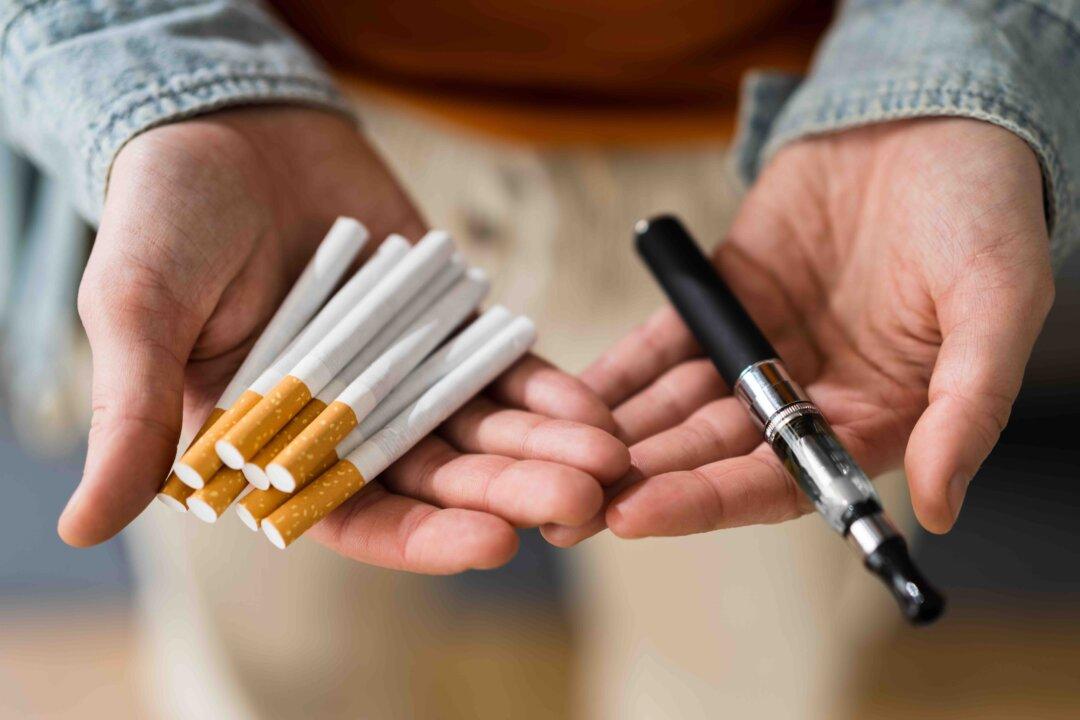Pandemic public measures such as lockdown may have made it harder for Australians wanting to quit smoking and even led people to resort to smoking as a way to reduce stress during the early stages of COVID-19.
That is the speculation of a group of researchers from the University of Queensland’s Queensland Alliance for Environmental Health Sciences (QAEHS).




